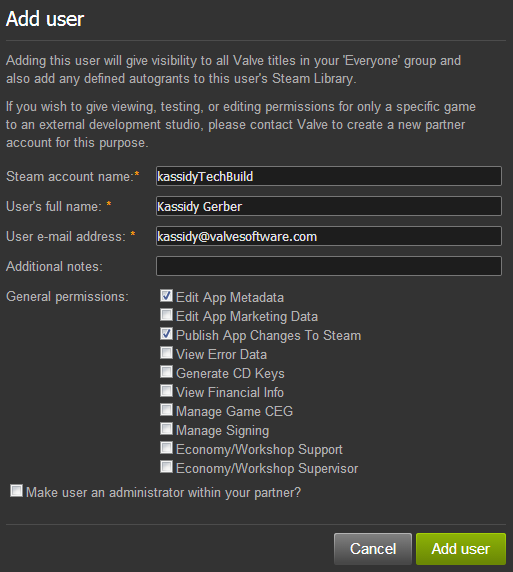
bDebugBuildsActuallyUseDebugCRT (Boolean)Įnables the debug C++ runtime (CRT) for debug builds. This is not fully supported across the engine due to the need for allocator implementations to be shared (for example), and TPS libraries to be consistent with each other, but can be used for utility programs. bUseStaticCRT (Boolean)įorces linking against the static CRT. Whether the project uses visual Slate UI (as opposed to the low level windowing/messaging, which is always available). The current build version Read/Write Properties Type (TargetType) Path to the project file for the project containing this target. Architecture (String)Īrchitecture that the target is being built for (or an empty string for the default). Configuration (UnrealTargetConfiguration) Platform that this target is being built for. } Read-Only Properties Platform (UnrealTargetPlatform) Public MyProjectTarget(TargetInfo Target) : base(Target) Public class MyProjectTarget : TargetRules The typical structure for a target file is as follows: The name of the class must match the name of the file it's declared in followed by 'Target' (so for example, defines the class 'MyProjectTarget').

When asked to build a target, UnrealBuildTool will compile your target.cs file and construct the class inside it to determine its settings. target.cs file declares a class deriving from the TargetRules base class, and sets properties controlling how it should be built from its constructor. target.cs extension, and are stored under your project's Source directory. Targets are declared through C# source files with a. Program - A standalone utility program built on top of the Unreal Engine.

Useful for dedicated servers in networked games.Įditor - A target which extends the Unreal Editor. Server - Same as Game, but does not include any client code. Game - A standalone game which requires cooked data to run.Ĭlient - Same as Game, but does not include any server code. UnrealBuildTool supports building several target types:


 0 kommentar(er)
0 kommentar(er)
